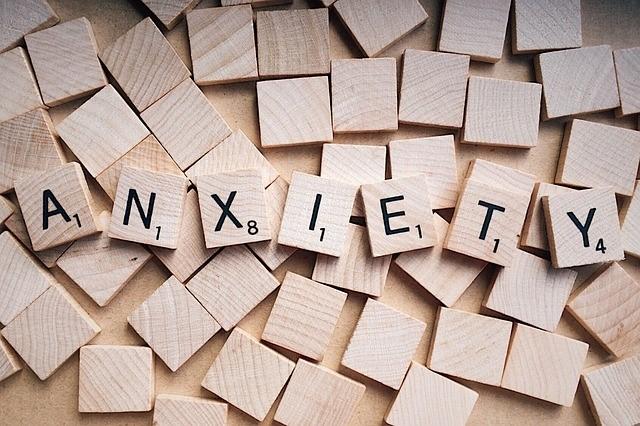Do you remember the last time you felt anxious?
It was probably in response to something going on at the time; maybe a stressful event at work or a situation in your personal life. Anxiety is a normal emotion. Each of us experience it in our lives at varying points, to varying degrees.
Not only is anxiety a normal part of the human experience, it is responsible for our survival at times. We flee from dangerous situations because we experience fear or a pervasive sense of anxiety that something is about to go wrong. A little bit of fear is healthy.
When fear and anxiety take center stage in one’s life, it can cause an array of problems.
For people with Generalized Anxiety Disorder, the distress of anxiety is a regular occurrence and can have devastating consequences such as relationship tolls, career issues and interpersonal problems.
Symptoms of Anxiety
Symptoms of Generalized Anxiety Disorder can vary. Often there are clusters of symptoms. You may experience some, and not others.
Physical symptoms:
While physical symptoms can vary, people frequently experience heart racing, shaking or trembling hands, sweating, lightheadedness or feeling overheated. Sometimes people get shortness of breath and tingly feelings in different parts of the body. Often people get physically tense and stomach can feel tight or nauseated.
Feelings:
Sometimes people experience an intense sense of dread or a feeling as if something bad is about to happen. Some people describe a fear of “going crazy” or feel detached from reality for a brief period of time. This sense of detachment further exacerbates the feeling of being out of control, which increases the sense of urgency and confusion.
Thoughts:
Anxious thoughts are generally centered around ‘what if’ thinking. Anxious thoughts can take many forms, including excessive worry and thought patterns that reiterate a particular set of fears. Anxious thoughts can be very challenging to shut down. If often takes deliberate steps to push through anxious thoughts and reduce distress.
Do’s and Don’ts of Anxiety
- DO: Learn some calming strategies and breathing techniques to take the energy out of the anxiety. If you are sending “relax” signals to the body, anxiety doesn’t stand a chance at getting the upper hand.
- DON’T: Self-medicate with alcohol or drugs. The temporary side effects of substance use may help for a brief time, but your dependence on a foreign substance to manage anxiety only renders you more powerless over it in the long run.
- DO: Try emotional distancing techniques. A trained CBT therapist can help you learn some strategies to help examine your feelings of anxiety from a bit of a distance and diffuse them in healthy ways.
- DON’T: As tempting as it might be, don’t let yourself avoid the parts of life that cause anxiety. Work with a therapist for Anxiety to explore some ways to use Exposure Therapy to help reduce your symptoms of anxiety. Avoiding the world only reinforces the idea that you are powerless over these feelings.
As you navigate your journey with anxiety, remember that you are struggling with a universal emotion; it may be that you have an increased capacity for this emotion than most. Try to not to be self-critical. Often people are predisposed to an anxious disposition.
There is a genetic component to anxiety disorders. When we learn about anxiety and learn coping strategies to manage it, it becomes a far less significant part of life.
Next week I will share tips on how to manage anxiety.


